What Causes Oral Sores?

Oral sores, also known as mouth ulcers or canker sores, are a common and bothersome oral health issue that affects millions of people worldwide. These small, painful lesions can occur on the inside of the cheeks, lips, gums, or the floor of the mouth, making everyday activities like eating and talking a painful experience. In this blog, Dr. Wayne Suway, a leading expert in oral health from Marietta, delves into the various factors that can trigger oral sores and sheds light on how to manage and prevent them.
Minor Trauma
One of the most common causes of oral sores is minor trauma to the soft tissues inside the mouth. This could result from accidental biting, aggressive tooth brushing, or wearing ill-fitting dental appliances such as braces or dentures. When the delicate oral tissues are injured, it creates an entry point for bacteria, which can lead to the development of painful sores.
Stress and Emotional Factors
Stress is known to have a profound impact on our overall health, and the mouth is no exception. Emotional stress and anxiety can weaken the immune system, making us more susceptible to various health issues, including oral sores. Stress-induced hormonal changes may also play a role in triggering these painful lesions.
Nutritional Deficiencies
A well-balanced diet is crucial for maintaining good oral health. Deficiencies in essential nutrients, such as vitamin B12, folic acid, and iron, can lead to the development of oral sores. These nutrients are vital for proper cell growth and repair, and their deficiency can hinder the healing process of the oral tissues, making the mouth more susceptible to sores.
Immune System Disorders
Certain immune system disorders, such as autoimmune diseases like lupus or inflammatory bowel disease, can contribute to the development of oral sores. In these cases, the body’s immune system mistakenly attacks its own healthy tissues, including those in the mouth, leading to the formation of painful ulcers.
Viral Infections
Some oral sores are caused by viral infections. The most common of these is the herpes simplex virus (HSV), which can cause cold sores or fever blisters. These sores typically appear on the lips or around the mouth and can be painful and highly contagious.
Hormonal Changes
Fluctuations in hormone levels, particularly in women during menstruation or pregnancy, can contribute to the development of oral sores. Hormonal imbalances can weaken the immune system and create an environment where oral sores are more likely to occur.
Allergic Reactions
Certain toothpaste ingredients, mouthwashes, or even certain foods can trigger allergic reactions in some individuals, leading to the development of oral sores. Identifying and avoiding these allergens is crucial in preventing recurrent sores.
Smoking and Tobacco Use
Tobacco use, including smoking and smokeless tobacco, is harmful to oral health in many ways. It can irritate the oral tissues, hinder the healing process, and increase the risk of developing oral sores.
See A Dentist Who Treats and Help Prevents Mouth Sores
Oral sores can be a painful and uncomfortable experience, but understanding their underlying causes can help manage and prevent their occurrence. While minor trauma and stress-induced factors are common triggers, it’s essential to consider other factors like nutritional deficiencies, immune system disorders, and viral infections.
If you frequently experience oral sores, consulting with an experienced dentist like Dr. Wayne Suway can help identify the cause and provide personalized treatment options. Maintaining a healthy lifestyle, following good oral hygiene practices, and seeking professional advice when needed will go a long way in promoting oral health and overall well-being. Remember, a healthy smile is a gateway to a healthier life!
Posted on behalf of
1820 The Exchange SE, #600
Atlanta, GA 30339
Phone: (770) 953-1752
FAX: (770) 953-6470
Mon - Thu: 8:30 AM – 5:30 PMClosed for lunch: 12:30 PM - 1:30 PM









